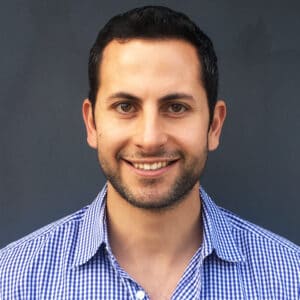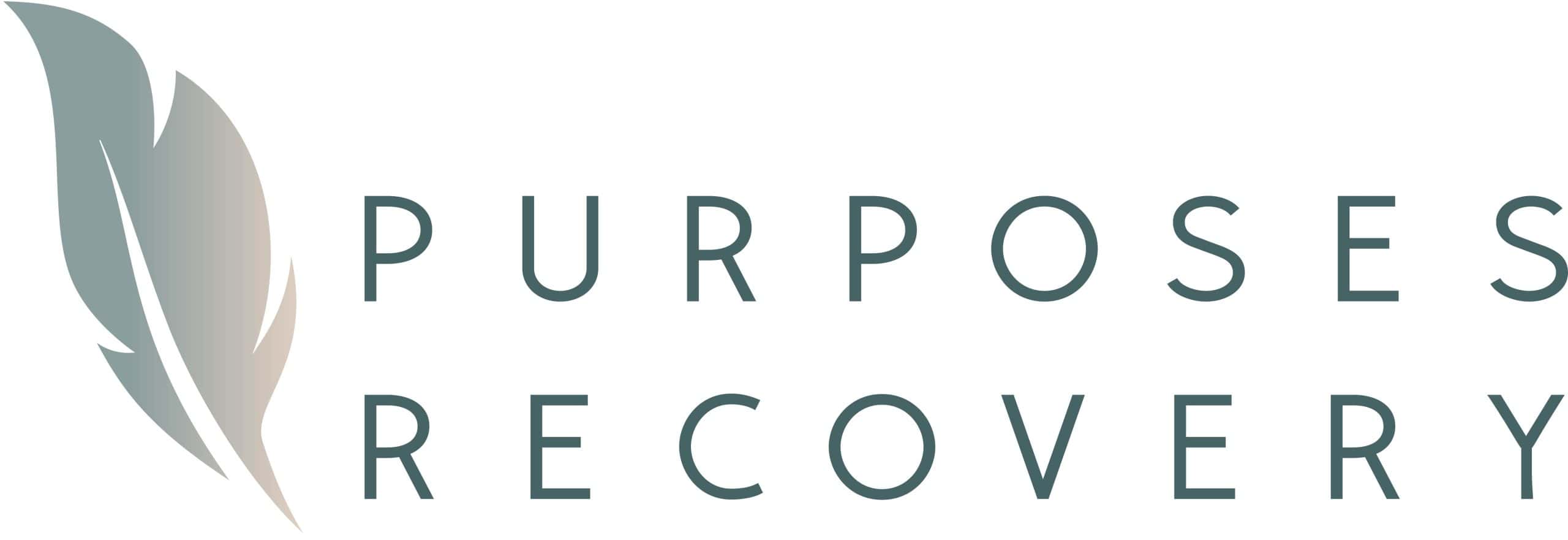Home » Addiction Types » Prescription Drug Addiction
Inpatient Prescription Drug Addiction Treatment

Understanding Addiction to Prescription Drugs
Prescription drug addiction is an escalating concern in today’s healthcare landscape, marked by the misuse of medications originally intended for legitimate medical purposes. Substances such as opioids, benzodiazepines, and stimulants are particularly prone to dependency and abuse. Understanding the multifaceted nature of this crisis is essential for effective intervention. Seeking inpatient prescription drug addiction treatment can provide the structured environment and professional support necessary to navigate the path to recovery.
Commonly Abused Prescription Drugs
Prescription medication misuse is a growing concern that affects individuals and their family members across various demographics. The abuse of these substances can lead to severe health complications and disrupt the lives of those involved. Recognizing commonly abused prescription drugs is a crucial first step in the treatment process and developing an effective inpatient prescription drug addiction treatment program in California. According to the Prescription Drugs Research Report, the following are some of the most commonly misused prescription medications:
- Opioids: Often prescribed for pain relief, opioids can lead to dependency and addiction. Common examples include oxycodone, hydrocodone, and morphine. This can lead to an opioid use disorder.
- Benzodiazepines: Used to treat anxiety and insomnia, Benzo medications like diazepam and alprazolam have a high potential for abuse and addiction.
- Stimulants: Prescribed for attention deficit hyperactivity disorder (ADHD) and certain sleep disorders, stimulants such as amphetamine and methylphenidate can be misused for their euphoric effects.
- Sedatives: Used for anxiety and sleep disorders, these medications, including barbiturates and tranquilizers, pose significant risks when not used as directed.
When individuals or their family members suspect prescription medication abuse, it is vital to consult with health care providers and an addiction specialist. Comprehensive treatment programs, medication management, and active participation in support groups can significantly improve the chances of recovery. Healthcare providers, addiction specialists, and support groups all play essential roles in medication management and recovery efforts.
Causes of Prescription Drug Addiction
Prescription drug addiction can stem from a variety of factors that intertwine to create this complex and challenging condition. Common causes include:
Prescription Drug Misuse and Abuse
Addiction to prescription drugs often begins with the misuse or abuse of prescription medications. This can include taking higher doses than prescribed, using someone else’s prescribed medication, or combining prescription drugs with other substances like alcohol or illegal drugs.
Mental Health Conditions
Individuals with conditions such as anxiety disorders, depression, or attention deficit hyperactivity disorder (ADHD) may resort to prescription drug misuse as a coping mechanism. The interplay between mental health and substance use disorders is complex and requires an integrated treatment approach.
Chronic Pain and Physical Health Issues
Patients suffering from chronic pain or mental health conditions like anxiety may be prescribed medications that have addictive properties. Continuous use of these prescribed medications can result in drug dependence.
Environmental Factors
Environmental factors such as family history of addiction, peer pressure, and social norms can also contribute to prescription drug addiction. Children growing up in households where prescription drugs are easily accessible may be more likely to develop an addiction.
Genetic Factors
Research has shown that individuals with a family history of addiction may be more prone to developing prescription drug abuse or addiction. This is due to genetic predispositions and shared environmental factors within families.
Stigma Associated with Seeking Help for Drug Use
Individuals struggling with prescription drug addiction may face stigma for seeking help due to societal views on substance abuse. This can prevent them from seeking the necessary treatment, resulting in prolonged prescription drug abuse.
A comprehensive approach that addresses these various contributing factors is essential for effectively combating prescription drug addiction and fostering long-term recovery.
REQUEST A CALL FROM OUR TREATMENT CENTER IN LOS ANGELES CA
Recovery Starts at Our Drug Rehab in Los Angeles CA
"*" indicates required fields
Prescription Drug Withdrawal Symptoms
Prescription drug and opioid withdrawal symptoms are a significant challenge for individuals attempting to overcome prescription drug addiction. These symptoms can vary in severity and duration based on the type of drug, the extent of abuse, and the individual’s physical and mental health. They include:
- Nausea and vomiting
- Muscle pain
- Sweating and shaking
- Anxiety and depression
- Insomnia
- Cravings
- Irritability
- High blood pressure
- Fatigue
- Concentration issues
Successfully managing withdrawal symptoms requires a comprehensive treatment plan that encompasses medical supervision to safely manage physical symptoms, psychological support to handle mental health challenges, and behavioral strategies to cope with the changes. This holistic approach increases the likelihood of long-term recovery and helps with relapse prevention.
Prescription Drug Overdose Symptoms
Prescription drug overdose can present a variety of symptoms that vary depending on the specific medication involved. The following are some of the most common:
- Respiratory depression
- Nausea and vomiting
- Seizures
- Loss of consciousness
- Confusion and disorientation
- Agitation and anxiety
- Hallucinations
- Unusual behavior
- Impaired judgment
- Apathy and lack of response
Immediate medical attention is crucial in the event of a prescription drug overdose. Effective treatment typically includes stabilization of physical symptoms and ongoing support to manage mental health issues.
How Our Inpatient Prescription Drug Addiction Treatment Center Works
Our comprehensive residential treatment center is designed to address prescription drug abuse through a structured, supportive environment. We combine medical expertise, psychological support, and holistic approaches to ensure each patient receives personalized care for their addiction to prescription drugs. Here are the treatment options you can expect at the inpatient treatment at Purposes Recovery:
Comprehensive Assessments for Prescription Drug Addiction and Alcohol Use Disorder
Initial evaluations are conducted to understand the specific needs of each individual and create a personalized treatment plan. These assessments help identify the severity of the addiction and any underlying issues that need to be addressed.
Medical Detoxification Process at our Residential Prescription Drug Addiction Treatment Program – California
As the first crucial step in recovery, medical detox safely manages withdrawal symptoms under medical supervision. This treatment process cleanses the body of substances in a controlled environment to reduce the risks associated with withdrawal.
Medication-Assisted Treatment for Addiction to Prescription Drugs
This treatment uses medications to reduce cravings and withdrawal symptoms, facilitating a smoother recovery process for addiction to prescription medication and other drugs. Medication levels are carefully monitored and adjusted to ensure the best outcomes for each patient.
Dual Diagnosis Treatment at our Substance Abuse Treatment Center
This approach treats co-occurring addiction and mental health issues, recognizing that addressing both is crucial for effective recovery. Patients receive integrated care that targets both their mental health and substance use disorders.
According to the Substance Abuse and Mental Health Services Administration, 13.5 percent of young adults aged 18 to 25 had both a substance use disorder and any mental illness in 2021. This statistic highlights the importance of dual diagnosis treatment, underscoring the prevalence of co-occurring conditions among young adults.
Individual Therapy Sessions at our Prescription Drug Rehab Los Angeles
Patients engage in one-on-one therapy sessions with a counselor to explore the root causes of their addiction. These sessions are essential for personal reflection and developing strategies for recovery. Family therapy is often utilized as well.
Group Therapy at our Prescription Drug Rehab in Los Angeles, CA
Group therapy sessions at our inpatient program provide peer support and allow individuals to share experiences and coping strategies. These group sessions are guided by therapists and help build a community of support among patients.
Acceptance and Commitment Therapy (ACT) at our Residential Treatment
ACT helps patients accept their thoughts and feelings rather than fighting them, promoting psychological flexibility. This therapy encourages a commitment to positive behavior changes aligned with personal values.
Behavioral Therapy at our Inpatient Prescription Drug Addiction Treatment Center
Behavioral therapy focuses on modifying negative behaviors and developing new coping mechanisms. Techniques such as cognitive-behavioral therapy are used to change the behaviors associated with drug use and its negative consequences.
Case Management
Case management coordinates all patient care aspects, from initial assessment to aftercare planning. They ensure that patients receive comprehensive services, like family counseling and outpatient treatment, to support their recovery and prevent relapse.
Cognitive Behavioral Therapy (CBT)
CBT helps patients identify and challenge negative thought patterns and addictive behaviors. This therapy is effective in teaching patients new ways of coping with stress and triggers.
Dialectical Behavior Therapy (DBT)
DBT focuses on teaching coping skills to manage stress, improve relationships with others, and regulate emotions. It is particularly effective for those with intense emotions that complicate their recovery.
Psychodynamic Therapy
Psychodynamic therapy explores how unconscious thoughts and past experiences shape current behaviors and emotions. It helps patients uncover deep-rooted emotional issues that may influence their drug abuse.
Solution-Focused Brief Therapy (SFBT)
SFBT concentrates on finding solutions in the present time and exploring hope for the future to find quicker resolutions to addiction issues. It focuses on what patients want to achieve while in prescription drug rehab rather than on past problems.
Are you or a loved one struggling with addiction to alcohol or other drugs? Call today for a confidential conversation with a treatment specialist.
Why Choose Purposes Recovery for Inpatient Prescription Drug Addiction Treatment in Los Angeles, California?
Our Los Angeles drug rehab stands out as a premier choice for inpatient prescription drug addiction treatment due to its comprehensive and tailored approaches. Offering a wide range of evidence-based therapies, including dual diagnosis treatment, the drug abuse treatment center is dedicated to addressing both the symptoms and underlying causes of addiction.
When you seek treatment with us, we ensure that each patient receives the support necessary for a successful recovery journey. Our approach is not just about treating addiction; it’s about fostering lasting wellness and empowering individuals toward a healthier, drug-free future. For help, contact us by filling out our online form or call us at (888) 482-0717.
Our Treatment Center in Los Angeles Accepts Most Private Health Insurance Plans
Our treatment center in Los Angeles accepts most health insurance plans to ensure our comprehensive rehabilitation services are accessible to those in need. We believe that financial constraints should not be a barrier to receiving high-quality addiction treatment. Our dedicated team is here to help you maximize your benefits and minimize any out-of-pocket expenses. If you do not have insurance, our team is available to help you explore options available to you.
Medical Reviewer

Eric Chaghouri, M.D.
GET HELP NOW
Are you or a loved one struggling with addiction to alcohol or other drugs? Call today for a confidential conversation with a treatment specialist.
Treatment Programs
MOST INSURANCE ACCEPTED
Free insurance benefit check
"*" indicates required fields
